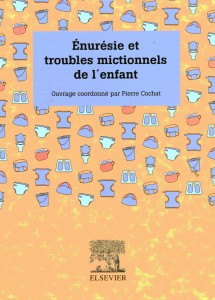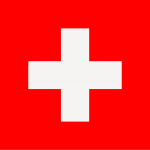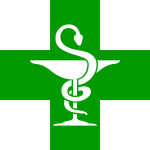Research
There exist many comparative studies on the nocturnal enuresis, which is a very frequent children illness. Every year about 70’000 children and teenagers are concerned by this in Switzerland.
To sum up
research findings show that the treatment with the alarm-system (behavioural therapy) is definitely more effective than the anti-diuretic hormone (desmopressine). It is also safer (no side effects), with much less relapses after the treatment and much cheaper.


If all the bedwetting children of Switzerland would be treated with the Pipi-Stop, health insurance companies would save about CHF 12 millions per year.
The following studies have not been financed by our company. They give an independent viewpoint.
2010
Swiss working groups of pediatric nephrology: E. Girardin, G. Laube, T.J. Neuhaus, P. Parvex, C. Rudin, G.D. Simonetti, R. von Vigier, A. Wilhelm-Bals and J. Birraux
2009
French expert team: Dr D. Aubert, Dr E. Berard, Dr J.-P. Blanc, Dr G. Lenoir, Dr F. Liard et Dr H. Lottmann
2003
ANAES, France (Agence Nationale d’Accréditation et d’Evaluation en Santé)
Upon the request of the Society of pediatric nephrology, a working group evaluated the efficiency, the security and the economic consequences of the use of alarm-systems in the treatment of children’s primary monosymptomatic nocturnal enuresis, and also the access to this technology in comparison with the treatment by desmopressine.
Access to the comparative board of anti-enuresis treatments (in French)
Access to the full research (in French): Evaluation des systèmes d’alarme dans le traitement de l’énurésie nocturne primaire monosymptomatique
2002
Cochrane Review, Oxford
1979
Ruth Aebersold-Krebs, psychologist for psychotherapy and psychology for children and teenagers, Bern
Within the framework of her graduation thesis (published in 1979) in psychology at University of Bern, Mrs. Aebersold compared Ernst Bieri’s alarm-system AntiNass with the alarm-systems produced by scientific research. She concluded that E. Bieri, thanks to his subtle mind and his sens of precise observation, came to the same findings as scientific research did later. She honored his great contribution as a pioneer in the treatment of bedwetting through the behavioural therapy and claims in her article, published in 1978 in the review Der Jugendpsychologe, the title of doctor honoris causa for E. Bieri.
Access to the Review of the Swiss Association of psychologists for children and teenagers ASPEA Der Jugendpsychologe, 1978 (in German)

Retaining the urine when the bladder is full allows to increase the bladder capacity and supports the secretion of the naturel antidiuretic hormone (ADH). It is exactly what the child does when he learns to retain his urine with the Pipi-Stop alarm.
Extract of the article of Dr Gérard Lenoir, University Professor, Head of Pediatry, Hospital Necker-Enfants Malades, Paris, which was published in the book Énurésie et troubles mictionnels de l’enfant, a work coordinated by Prof. Pierre Cochat, Éditions scientifiques et médicales Elsevier, Paris, 1997:
Translation: It seems […], with a normal child, that the stretching of the bladder during the night stimulates the secretion of ADH, which has the result to diminish in an appropriate way the diuresis at the end of the night. With the enuretic child, because of the early and involuntary emptying of the bladder, this stimulation of ADH secretion seems not to take place.


